SUMMARY
This is AI generated summarization, which may have errors. For context, always refer to the full article.
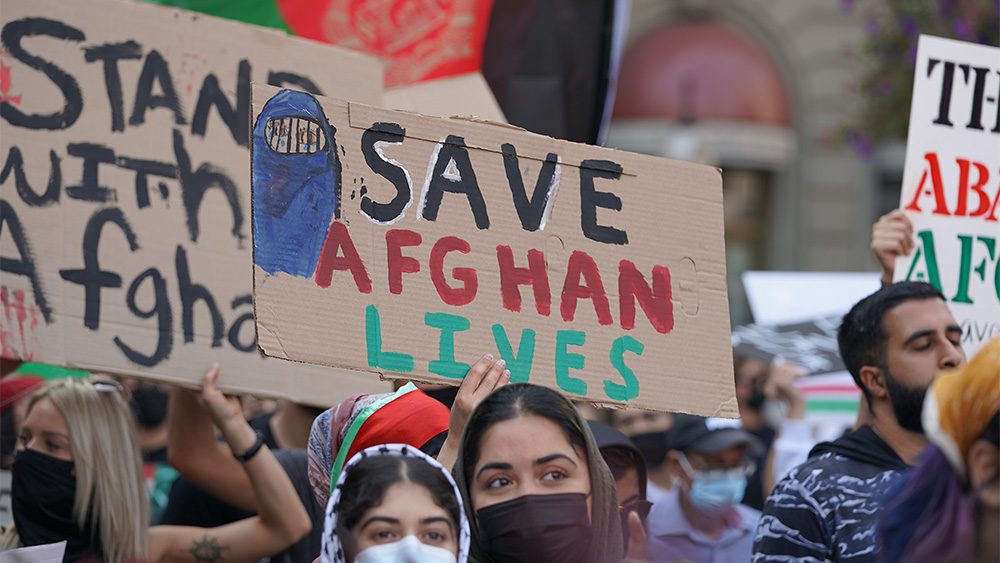
MANILA, Philippines – A University of the Philippines professor and a lawmaker stressed the importance of viewing refugees as fellow human beings amid the request of the United States for the Philippines to accept Afghan refugees.
“I think at the end of the day, we have to think about our obligation, not just as Filipinos. We need to go beyond the idea of being Filipino, confined to the border,” UP Asian Center professor Michelle Palumbarit said during the World Refugee Day Forum on Thursday, June 22.
Palumbarit, who has a doctorate degree in political science and international relations, said that Filipinos should be global citizens who care not only for fellow Filipinos but for other human beings as well.
Following the departure of American forces from Afghanistan, Taliban forces took control over the country. Afghans, especially those who had previously collaborated with or worked for the US, rushed to leave Kabul due to fears of reprisals from the Taliban.
Recognizing the political and security implications involved, Palumbarit acknowledged the mixed emotions among Filipinos as they deal with concerns about resource scarcity and potential security risks.
Tingog Representative Jude Acidre also recognized the concerns of the public and some officials but expressed hope that such concerns would not deter Filipinos from looking at the situation of refugees as a humanitarian situation.
“I’d like to see the government appeal to the common humanity that is in us. It’s difficult for us, as our professor said, it’s a very complex issue. But to simplify everything, it’s really our common humanity that should dictate what’s best for these people, and also in the long run, what’s best for us as a people,” he said.
Acidre also emphasized the hospitable nature of Filipinos by referring to the historical record of the country’s receptiveness towards refugees.
Sara Duterte opposed to plan
Among those who would need convincing is Vice President Sara Duterte, who is strongly opposed to the plan.
Citing Duterte’s April 20 letter to the Anti-Terrorism Council, Education Undersecretary Michael Wesley Poa said in a Senate committee hearing on Friday, June 23, that the Vice President had raised “vehement objection and opposition to the proposal in its entirety,” citing security threats and sovereignty issues.
Poa, who spoke during a Senate committee on foreign relations hearing on the plan, said that the position of Duterte was that accepting Afghan refugees “might have the risk of further exacerbating an already unstable situation as regards the local terrorist groups in some areas in the country.”
The Vice President’s father, Rodrigo Duterte, had a different view on refugees. Then-president Duterte said of refugees: “I say send them to us. We will accept them. We will accept them all. They are human beings. They can always come here. I will welcome them until we are filled to the brim.”
History of refugees in Philippines
The United Nations High Commissioner for Refugees has documented “nine waves of refugees” who have come to Philippine shores for protection. These include the following:
- 1923: First Wave of White Russians
- 1934 to 1940: Jewish refugees
- 1939: Spanish Republicans
- 1940: Chinese refugees
- 1947: Second Wave of White Russians
- 1975 to 1992: Vietnamese “boat people”
- 1979: Iranian refugees
- 1980 to 1994: Indo-Chinese refugees
- 2000: East Timorese refugees
Manila had expressed openness to taking in the Rohingya in 2020, Afghans in 2021, and Ukrainians in 2022.
The Philippines is a signatory to the 1951 Convention Relating to the Status of Refugees. This convention, originally drafted in response to the refugee crisis after World War II, sets out the definition of a refugee and establishes their basic rights, including the right to seek asylum, access to basic services, and protection from being returned to a country where they may face persecution.
The convention also outlines the responsibilities of signatory states in terms of providing legal and social protections to refugees. – With reports from Bea Cupin/Rappler.com
Add a comment
How does this make you feel?
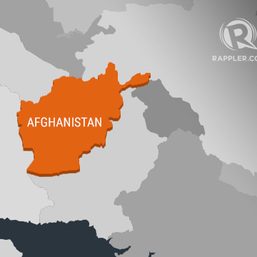
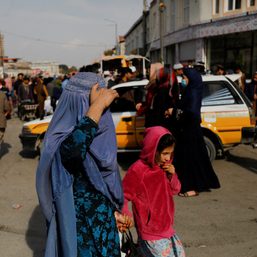
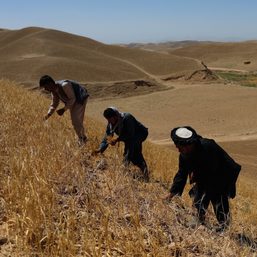
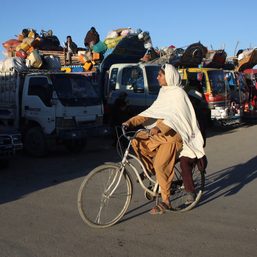
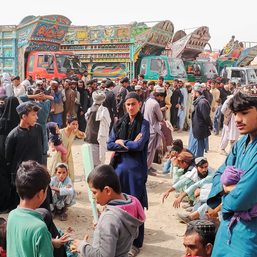

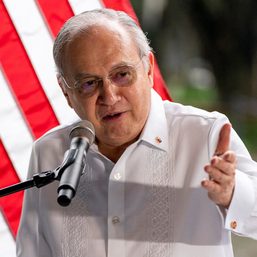
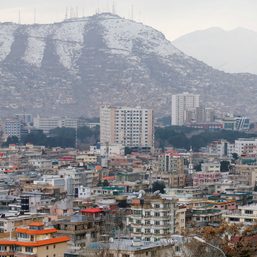
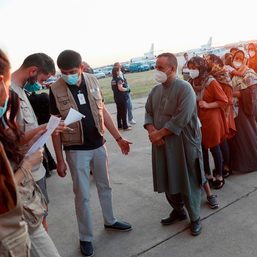
There are no comments yet. Add your comment to start the conversation.